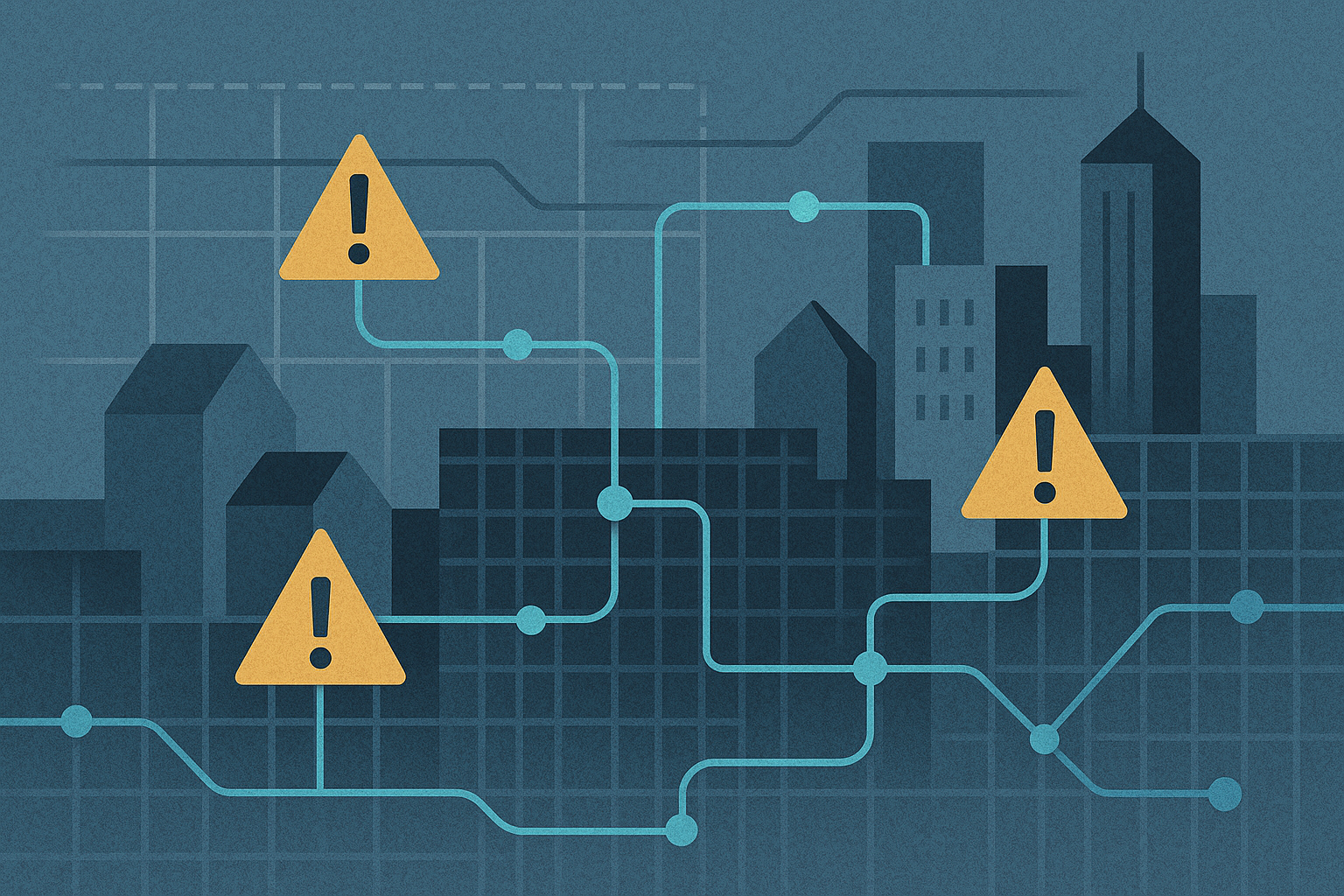-

Senior leaders are falling for phishing more than entry-level staff. The human layer of cybersecurity has shifted — and boardrooms are now the weakest link. Data from Yubico and others suggest a widening awareness gap between confidence at the top and caution on the front line.
-

A first-of-its-kind cyberwar documentary will debut at Black Hat. Midnight in the War Room will premiere at Black Hat USA 2026 in Las Vegas, marking a milestone collaboration between cybersecurity leaders and storytellers exploring the human toll of cyber conflict and defence.
-

Parliament seeks expert input on new cyber law. The UK Parliament has invited cyber security specialists to contribute evidence to the Cyber Security and Resilience Bill, a wide-ranging legislative reform designed to strengthen regulation, oversight, and information sharing across the country’s digital infrastructure.
-

Paul Bryce appointed CEO of Communicate Technology for growth. The Teesside-based firm aims to expand its cybersecurity and IT network solutions. Backed by private equity, it has achieved significant growth and plans further scaling under Bryce’s leadership.
-

UK unveils £210m Cyber Action Plan to enhance digital security. The initiative aims to safeguard critical public services from increasing cyber threats, overseen by a new Government Cyber Unit to coordinate defences and enforce accountability across departments.
-

Automation is racing ahead of security controls. As AI agents join corporate networks, experts warn that 2026 will test enterprise resilience. ExtraHop’s Jamie Moles says governance, visibility, and culture will define whether businesses stay ahead or get blindsided.
-

Mason Infotech projects 50% revenue growth this year. The Nottingham-based IT managed service provider credits its expansion to surging client demand for cybersecurity and AI-driven support, as it strengthens its leadership team and extends its reach into new sectors and regions.
-

SMEs at risk over Christmas as many shut down without specialist monitoring. New Kaspersky research reveals substantial gaps in festive cybersecurity, with a quarter of firms leaving systems unwatched and more than a third previously hit by holiday-season attacks.
-

88 per cent of organisations fear state cyber threats. A new study by IO finds UK and US businesses increasingly view state-sponsored cyber attacks as a board-level risk, warning that governments are not doing enough to protect the private sector from national-level adversaries.
-

Comcast’s $1.5mn vendor data breach fine reignites focus on security. Experts warn that effective vendor risk management and continuous oversight are now central to data-protection compliance and business continuity worldwide.
